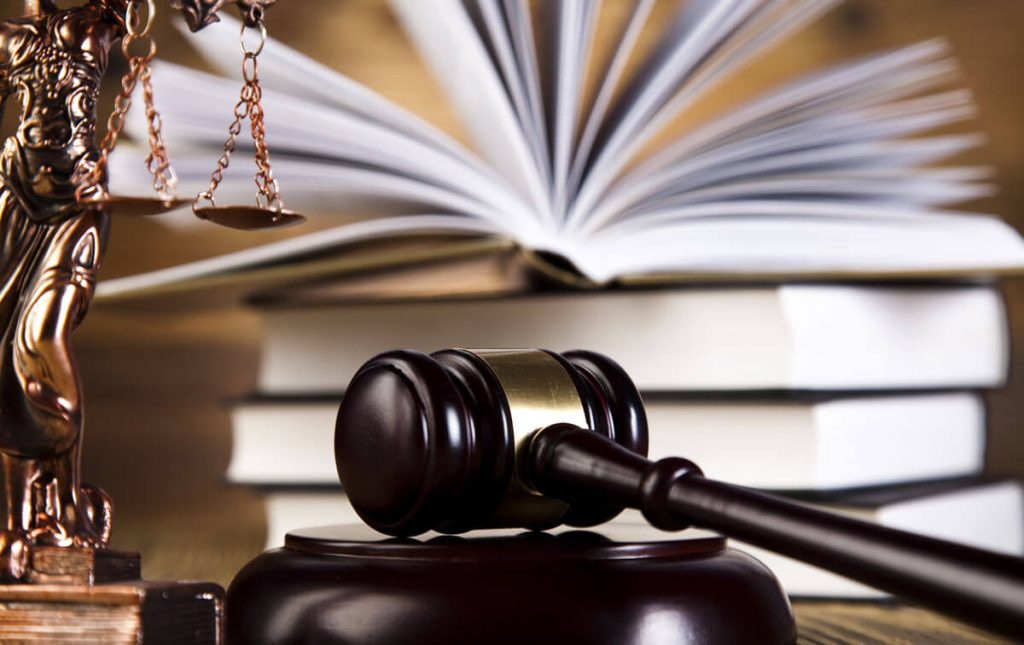In the dynamic landscape of online influence, the concept of influencer accountability has gained significant traction, and its intricate relationship with the law is becoming increasingly evident. As digital platforms evolve into powerful arenas of persuasion and consumerism, the legal framework surrounding influencer practices has adapted to address emerging challenges. Influencers wield substantial power to shape opinions, consumer behaviors, and even policy debates, often blurring the lines between personal opinions and sponsored content. This phenomenon prompted legislators and regulatory bodies to intervene, aiming to bring transparency, credibility, and ethical responsibility to the forefront. One of the primary ways in which the law shapes online influence is through disclosure regulations. Many jurisdictions now require influencers to clearly label sponsored content, affiliate links, or any material connections with brands. This legal evolution is rooted in the need to protect consumers from deceptive marketing practices and to maintain the integrity of online spaces.

By enforcing explicit disclosures, authorities seek to empower individuals with the information they require to make informed decisions. In doing so, the law acts as a vital instrument in fostering a trustworthy influencer-consumer relationship and mitigating the risk of undue manipulation. Moreover, intellectual property laws have taken on a renewed significance in the realm of influencer accountability. With the widespread sharing and remixing of content, issues of copyright infringement, fair use, and intellectual property ownership have become prevalent. Influencers often leverage copyrighted materials, such as music, images, or video clips, to enhance their content. This practice, while creatively enriching, can lead to legal quandaries. Thus, the legal system plays a crucial role in delineating the boundaries within which influencers can operate. By establishing clear guidelines and consequences, the law seeks to balance the rights of content creators, influencers, and the general public, fostering an environment that encourages innovation while safeguarding artistic integrity.
Additionally, the evolving landscape of online influence has prompted legislators to address privacy concerns. As influencers share personal experiences and opinions, the line between private and public information can become blurred visit https://bitman-law.com/influencer-counsel/entertainment-law/. Data protection regulations, such as the General Data Protection Regulation GDPR, are instrumental in ensuring that influencers handle user data responsibly and transparently. Such laws not only protect the privacy of followers but also underscore the broader societal transition towards digital accountability. In conclusion, the symbiotic relationship between influencer accountability and the law underscores the transformative power of online influence. The legal framework acts as a guardian of ethical conduct, transparency, and responsible behavior within the realm of digital persuasion. As the influence of online personalities continues to grow, the law will inevitably continue to adapt, striving to strike a balance between freedom of expression and societal protection. Influencer accountability, therefore, stands not only as a testament to the maturation of the digital age but also as a testament to the enduring need for checks and balances in an ever-evolving virtual landscape.
